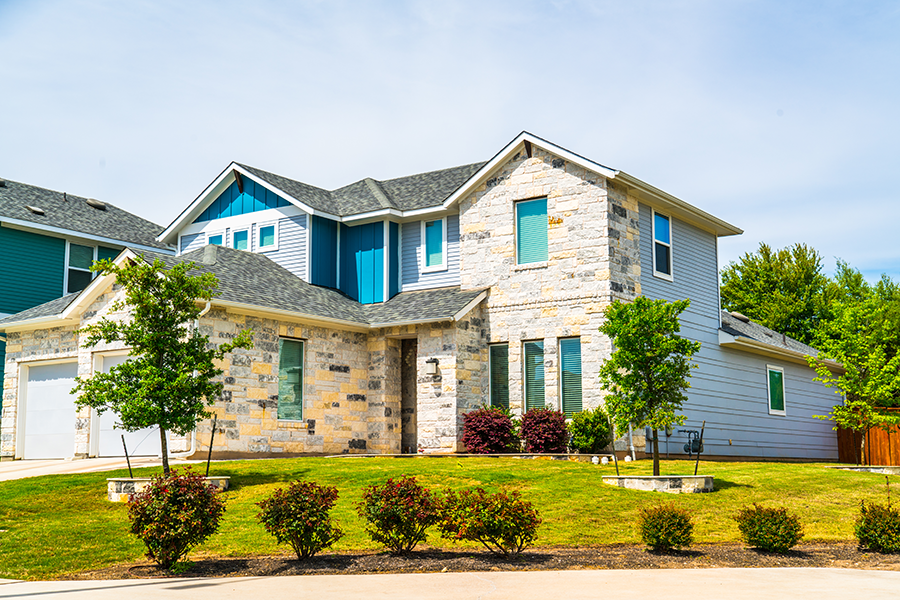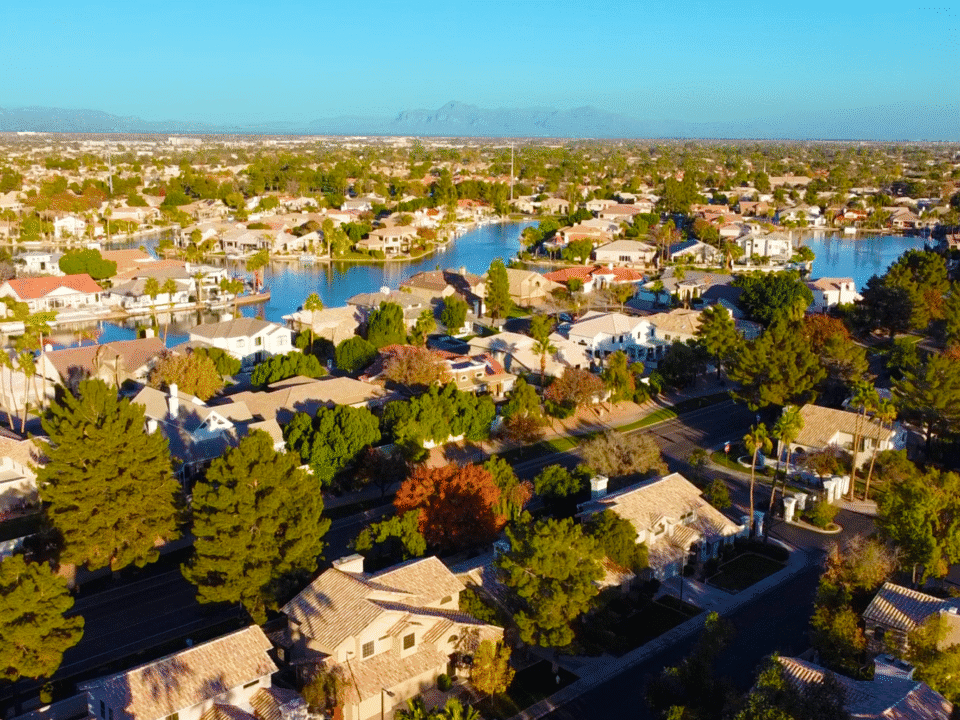
Do’s and Don’ts of Being a Landlord

Professional Property Management: Why You Should Trust the Experts to Manage Your Rental Property

Benefits of 12 Month, Long-Term Rentals vs. Vacation Rentals
As the vacation rental market starts to bottom out, it has become obvious that there has never been a better time to turn your property into a 12-month rental. There are some clear advantages to investing in properties that are rented to tenants over a long-term basis. This generally means that tenants sign an annual lease, but longer terms can be arranged as well.
Here are some of the biggest advantages to long-term rental when compared to a vacation rental.
High Demand
Regardless of the location, time and market conditions, people will always need places to live. As many housing markets are too expensive for someone to buy a home, they will turn towards rental properties and become great tenants. Over the past few years, there has been a significant increase in the number of renters vs the number of homeowners, showing a clear indication that there has been an increased demand for traditional rental properties. Recent industry data shows that short term vacation rentals have a 95% vacancy rate. The opposite is true for long term rentals where we see year over year increase for the number of people who choose to rent vs buy.
Consistent Income
Long term tenants will typically occupy the property for at least the standard 12-month term and will provide consistent and predictable rental income. With a long term rental, there is no need to worry about busy seasons, price fluctuations, events or slower times that can make it difficult to capitalize on rental income. Long term rentals provide a set monthly rent rate with a consistent due date that you can expect to receive from your tenant. This helps the investor budget and control the overhead expenses.
Increasing Rents
Year over year for the last decade, there has been very consistent monthly rent increases for long term rentals. In addition to the home value appreciation, these rent increases can be done at lease renewal or lease-up periods and can make a significant impact on the rental income. Industry data sources show the average long term rental rent rate is increasing between 6%-8.9% each year.
Vacancy Rate is Low
Once you place a tenant in a long-term rental, you’re set for what is typically 12 months or more. Vacancy rates for traditional rentals are generally low because these properties are rented out on a monthly basis, unlike short-term rentals which are rented out on a nightly basis and have peak or slow times. As a landlord and a real estate investor, one of the last things you want is for your property to remain occupied. Every moment of vacancy means that you’re losing money. After all, you have to make your mortgage and insurance payments, pay taxes, and maintain your property whether you’re able to find tenants or not. Short Term Rental Vacancies can easily cost you over $100 per day and at an industry average of 46% vacant each month, the costs add up very quickly.
Less Wear and Tear
Tenants in long-term rentals bring their own furniture and treat the property as a home, as opposed to those staying in a vacation rental who tend to treat the property and possessions as a hotel room. Generally, long-term rentals see significantly less wear and tear. When a long term tenant moves out of a property, a detailed inspection and disposition is completed to reconcile and repair any damage that may have occurred during their lease term.
Fewer Maintenance Requests
Vacation renters don’t take care of homes the way owners do, in fact, they tend to be very hard on the appliances, amenities, rooms, kitchen, bathrooms, etc. The guest’s expectations for a resort-style stay will be very high which will keep your wallet open.
Reviews
Ever have a guest who didn’t agree with your marketing, price or conditions? A vacation rental is at the mercy of each guest and it could severely impact the income you generate from the property for several years. A long term tenant will interact with the property management company and they will ensure the tenant’s needs and requests are met according to the standards set by law. One bad review from a short term guest can cost you thousands in missed booking fees. It often costs more in amenities and services to earn 5-star reviews from guests
Reduced Legal Risk and Liability Issues
The vacation rental industry is picking up and facing severe legal challenges in many parts of the US housing market. This cannot be said for traditional long term rentals. Most locations have reasonable landlord-tenant legislation which protects the rights of both groups accordingly.
More Affordable Management Fees
Whether you choose to manage the property yourself or hire a property manager, long-term rentals require less time and resources. You don’t have to advertise the property as frequently, handle constant tenant turnover, or make sure the property is ready to rent. If you don’t want your real estate investment to be a job, or you don’t want to pay a fortune in property management fees, you’ll probably be better off with a long-term rental property. Our pricing for property management is $75 monthly once the tenant has been placed. On the other hand, hiring a property manager for a vacation rental can cost 30% or more of the rental income.
Tenant Paid Utilities
It is most common that long-term tenants usually pay their own electric, water and sewer utilities to the renter. Cost Calculator: Avg Electric: $250, Water: $80, Gas: $50, Sewer/Trash: $50 = $5,160 Yearly savings



